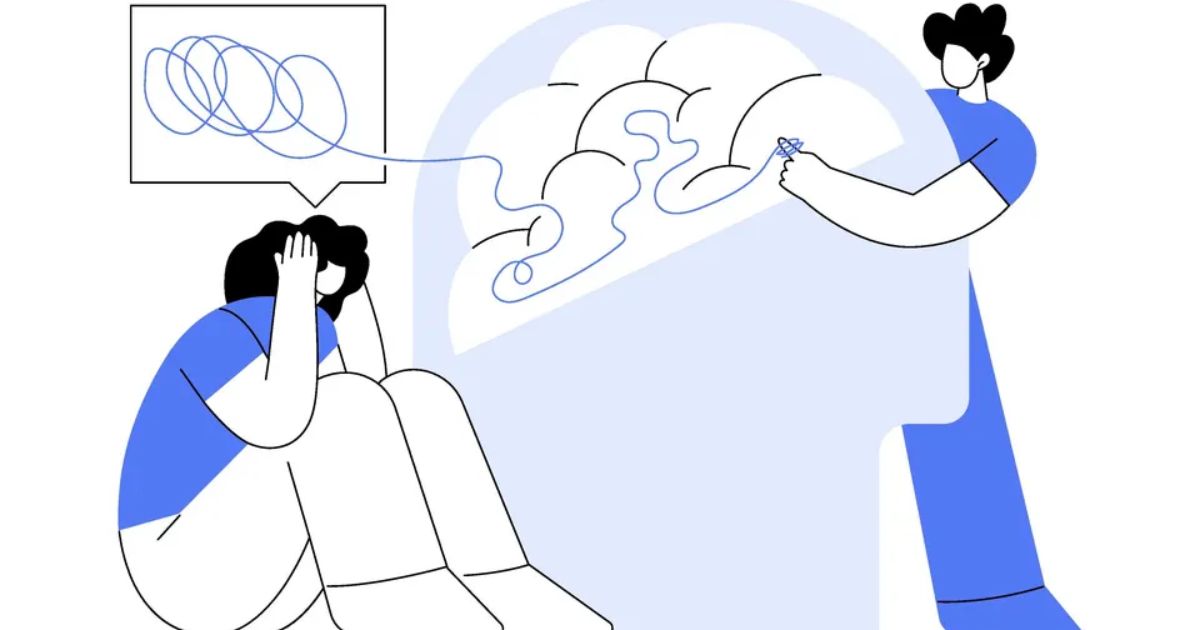There is a recent study that shows women who have borderline personality disorder or BPD tend to dissociate more intensely during sex. This article, published in the Borderline Personality Disorder and Emotion Dysregulation Journal, reveals insights into the unique problems faced by those with border-line disorder when it comes to intimate relationships.
Borderline personality disorder and its challenges
Typically characterized by emotional instability, mood swings and difficulties holding on to steady relationship , borderline personality disorder is a complex mental health condition. People affected often have an intense fear of abandonment, experience emptiness, or engage in impulsive actions such as senseless purchases or self-mutilations. The romantic interrelations for individuals diagnosed with BPD are usually tumultuous marked by severe shifts between idealizing and devaluing their partners.
The Study
The primary purpose of this study led by Rose Gholami Mazinan et al was to examine sexual dissociation symptoms severity among women with BPD; along with their relationship to previous sexual abuse and PTSD symptoms. Dissociative symptoms include depersonalization- feeling detached from oneself; derealization- experiencing the world unreal or distortedly; dissociative amnesia- significant memory gaps among others & conversion symptoms like paralysis/blindness without medical cause.
Methodology
The research involved two different studies. The first one recruited 114 females aged 18 through 45 years suffering from BPD identified through different hospitals and clinics while the control group consisted of 114 healthy females matched in age. Dissociative Symptoms During Sexual Situations (DSDS), Borderline Symptom List (BSL), Adult Referred Questionnaire (ARQ) were measured together with indicators of childhood trauma experiences, proneness to risky sexual behaviors and childhood sexual abuse experiences.
In the second part of this study there were 41 participants made up of 41 healthy controls who were the other group and 41 women from the first study. The subjects listened to an audio clip designed to induce sexual arousal, and then completed measures of current dissociation.
Key findings
Women with BPD had higher scores on dissociative symptoms compared with their normal counterparts; particularly depersonalization. In the second study, participants with BPD also exhibited higher levels of dissociation after listening to the sexually arousing audio clip, with depersonalization and derealization being the most pronounced symptoms.
Further analysis showed that more severe depersonalization is associated with higher levels of self-reported childhood trauma. Also, there was a weak link between overall level of dissociation symptoms and experiences related to sexual abuse in adulthood. Additionally, women suffering from BPD engaged more often in sex as they were found to have more uncommitted partners while impulsivity was not a significant factor.
Implication and Conclusion
This research demonstrates how complexly linked together are BPD symptoms, prior traumas incidences and sexual-related dissociations. According to scientists’ interpretation, during sexual situations conversion and depersonalisation were mainly attributed to BPD-symptoms intensity while derealisation seemed more influenced by PTSD- symptomatology. Interestingly enough, it was found that people having this disorder tend to be more prone towards impulsive and uncommitted sex behaviors owing primarily to the extent they feel unreal or distorted surroundings during intercourse while instead conversion symptoms might function as a protective factor.
While it is critical that such studies done provide useful understandings into female sexuality with BPD it must be noted that results do not make causal claims due to its design. Moreover; these findings only apply for females, so can’t be generalized for the male population. Hence we do face a shortcoming in that respect and that is troublesome.
Christina Dudek, Rose Gholami Mazinan, Hannah Warkentin, Maja Finkenstaedt, Johanna Schröder, Richard Musil, Leonhard Kratzer, Johannes Fuss and Sarah V. Biedermann are the co-authors of a paper titled “Borderline Personality Disorder and Sexuality: Causes and Consequences of Dissociative Symptoms”.





























Leave a Reply
You must be logged in to post a comment.